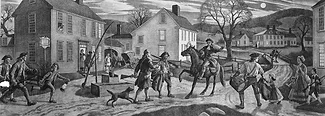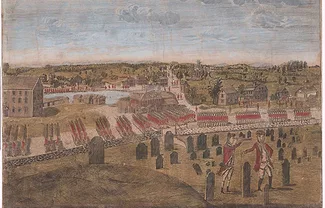Ray Raphael
Ray Raphael is an author and historian. Among his 10 books on the Founding Era are A People’s History of the American Revolution and Founding Myths: Stories that Hide our Patriotic Past. Two books focus on the Massachusetts Revolution of 1774—The First American Revolution: Before Lexington and Concord and Spirit of ‘74: How the American Revolution Began.



